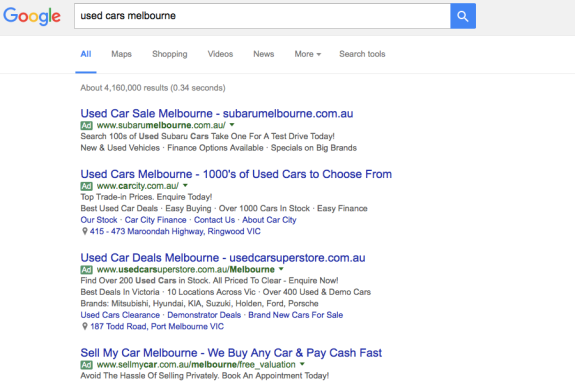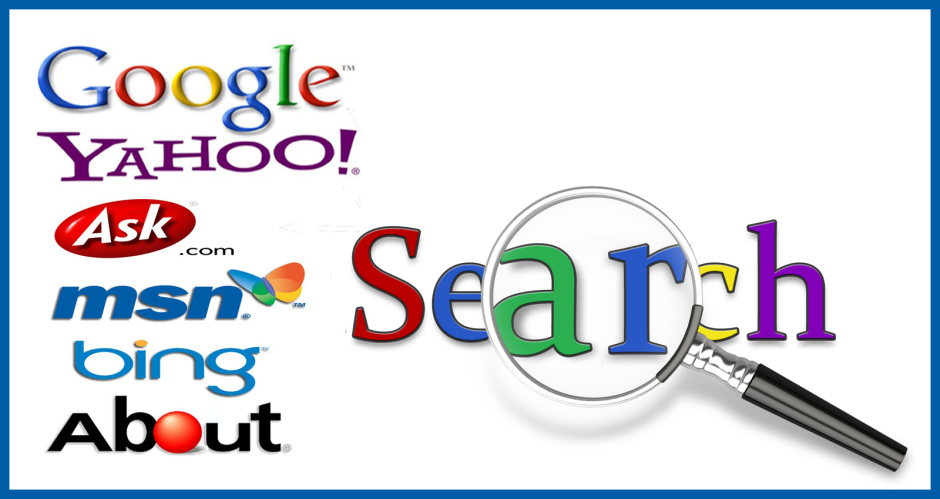I initially thought that the first website that popped up on my Google search engine was the most popular site visited in the category of information I was looking for. It is more complicated than this and if you understand how these search engines work, you are WAY more likely to get your site in those top three spots.
Search engine optimisation helps to build websites that are understood by search engines as well as being optimal and accessible for those visiting them. Ultimately understanding this will lead to an all over more successfully marketed site!
So what do you need to consider when creating your website?
Keywords: An example of this is in your titles, make sure each title is brief and descriptive in explaining the content on the page.
Mobile Friendly Design: Seriously important in today’s tech savvy society. Make sure your site fits with the Google mobile friendly search engine.
Breadcrumb & Internal Links: This refers to getting from page to page on the website. This is important for the user and search engine to navigate. (Don’t over do it 4 links per page is plenty!)
Description: This is where your page is summarised and what the reader will see from the search engine. Keep it brief to the point and avoid continuously repeating the title.
Link: make them easily understood, use hyphens to show spaces between words so the search engine can interpret! 
ALTERNATIVELY you often see these “advertised” websites at the top of your page. This is called pay-per-click marketing. It does not try to incorporate usability and accessibility adhering to the SEO expectations instead these positions are auctioned. Despite it resulting in good accountability, money-saving and that it can be highly targeted, it often is an expensive and competitive process that is time-consuming and irritating to customers.

I think because we are aware that Google does promote ads and that these top positions have been paid for we are almost less likely to click on them as we know they have not gained their position because of their superior relevance. To me this confirms that search engine optimisation is advantageous over Pay Per Click Marketing what do you think? Do you click on these advertised sites?


Hey Anna! Great post, I initially thought that the websites that appear first in the search results are trending or more popular as well.
I like how you’ve listed what website creators need to consider in order to make it to the first page of search results, it definitely shows that there’s a lot more factors that are considered than just popularity.
In terms of PPC vs SEO, I think SEO is more effective as I personally scroll past the PPC websites in a Google search and head straight to the ‘unpaid’ results. I find it more relevant to my search and as you said we are generally aware that the top positions have been paid for, which makes you less likely to click on them.
I think the costs of employing the PPC marketing strategy would also outweigh the benefits. Considering it only delivers clicks and not sales, there is no guarantee that enough revenue would be generated to balance the expensive cost of the ad placement. There can also be a negative stigma associated with PPC which makes SEO the safer and less costly bet.
LikeLike
That is a great point you have brought up and which I think people would often forget, just because you are advertising with PPC marketing does not mean sales will be generated. Realistically people could click on your site, be disappointed with it and then you are paying for the viewing regardless if anything is sold. I think if someone was to choose PPC as a marketing technique then it would definitely be beneficial if they still applied elements of search engine optimisation as well as ensuring the design, layout and style of their site is effective and easily navigated by those consumers who do click on the advertisement.
LikeLike
Hi there, nice blog and I had a good read on the content. I really like the way you mentioned SEO and actually give five short and precise points on how companies’ sites can rank to the top. However, I want to ask you something, if a brand new company created a website, how long will they take to be rank to the top of SEO? Also how much money do they need to put to do so? See, building SEO will take a long time, thats why I think most companies will prefer to buy those ad spaces just to get their brand to peoples’ face the fastest (awareness). Because they know that it will be hard and take a long time to beat the first three rank searches. what do you reckon, should a company stick to just building SEO or actually go for PPC and get their site out there and actually have a chance for people to click on it?
LikeLike
That is a really good point that I had not thought of I think that it definitely would take a while to get to the top spot of SEO if your brand was not clearly differentiated in comparison to other markets. I think in this situation it needs to be emphasised that SEO cannot be the only form of marketing that someone considers and that in conjunction it would be wise to have other integrated marketing techniques so that people specifically search this brand online to increase its popularity from another dimension. I think it would be tempting to purchase those spots, but a critical thing would perhaps run a survey as to whether majority of search engine user are just scrolling past them. If the immediate reaction is not to click on these links because they have been”advertised” I still think then that it will be more costly then beneficial. I think stick with SEO but then need to incorporate other aspects of marketing because agree with your statement that SEO may not be enough or will be a long process to success. Thoughts?
LikeLike